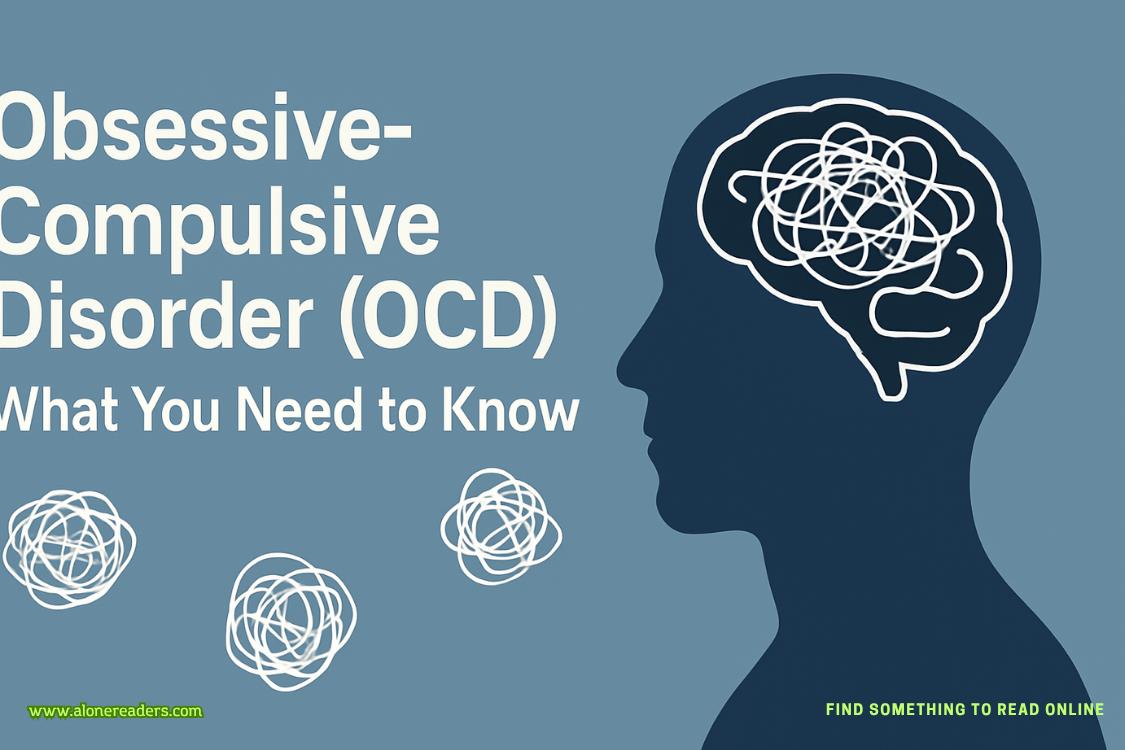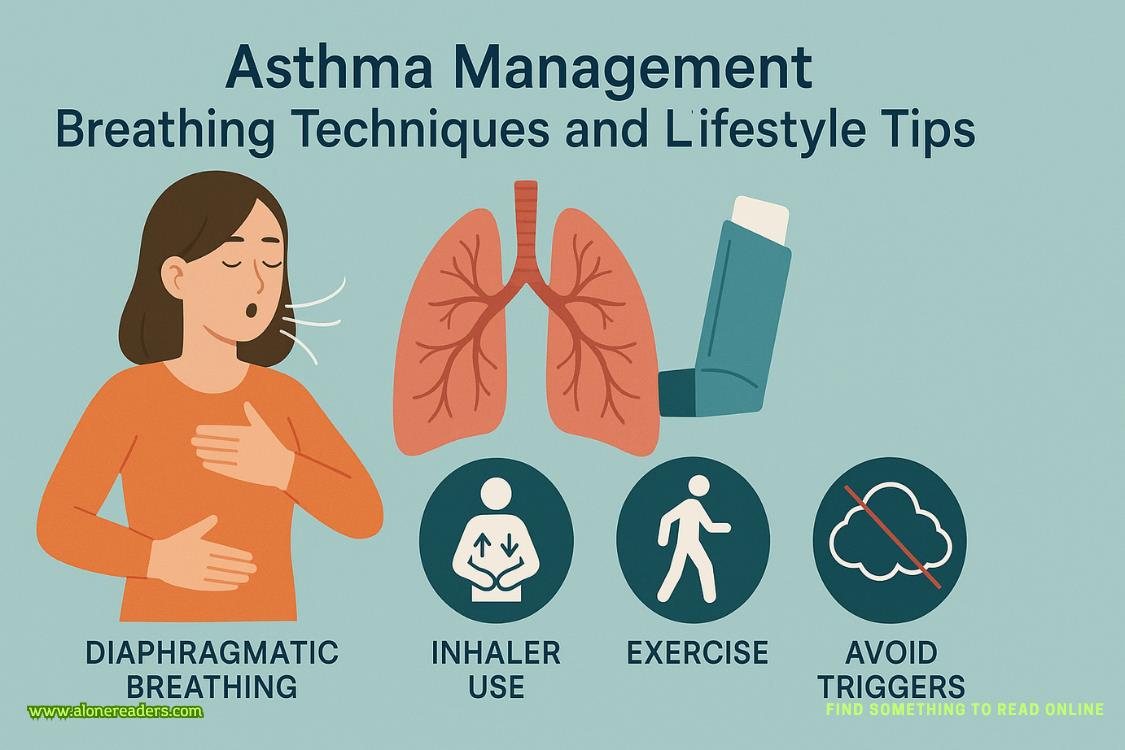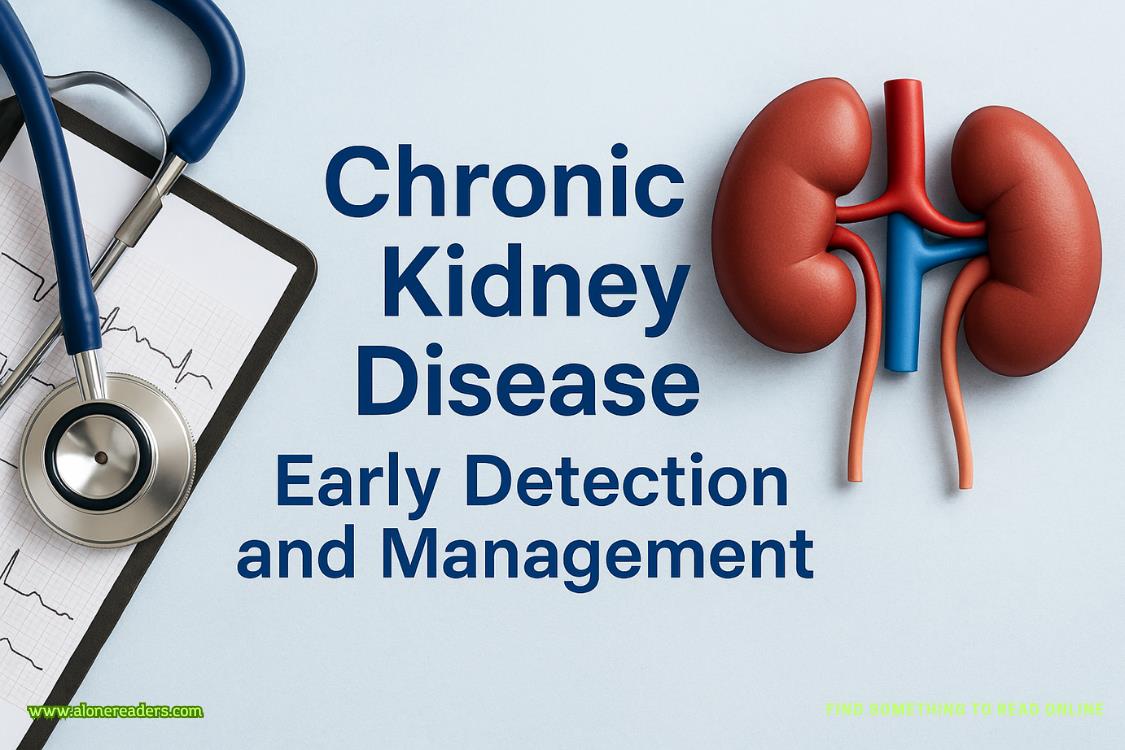Page 49 of Death at a Highland Wedding
Gray’s hand relaxes. “Yes.”
“The fact that it’s light only means we don’t have a full print. There seems to be a toe and heel, but it’s hardly a discernible footprint we can match to a boot. I couldn’t even guess whether it’s a man’s boot or a woman’s.”
“I would concur. It appears to be a foot, applied fully, rather than through a kick. As for the purpose, I would speculate restraint.”
I nod. “Mr. Sinclair is hit from behind and falls face-first. It’s a hard drop, considering the broken nose. It’s rare for a head injury to be instantlyfatal, so the killer puts their foot on Mr. Sinclair’s back to hold him down. Yet the position we found the body—and the open eyes—suggest Mr. Sinclairdiddie immediately. There was no need to apply greater pressure to hold him down, hence the light bruise.”
“Again, I concur.”
“Can you determine whether the head injurywasinstantly fatal?”
Gray purses his lips. “Possibly, but either way, I am not certain it matters.”
My brows rise as my lips twitch in a smile. “No?”
Mrs. Rendall shifts the light, again reminding me she’s there, which also reminds me that my question is less than appropriate for an assistant.
“Apologies, Dr. Gray,” I say. “I do not mean to question your expertise.”
“Apology accepted,” he says, and his tone is serious, but his eyes dance, letting me know he’s playing along for our audience. “But please continue. I welcome your insights, Miss Mitchell.”
“They are the insights as a reader of detective fiction rather than a detective, which I am not. Proceed, please.”
His eyes twinkle more. “Noted. I welcome the observations of anamateurdetective.”
“Imagine the blow was never intended to kill him. Perhaps it was a warning. Or meant only to prevent him from seeing something. He is knocked unconscious and his attacker leaves… and then someone else kills him. In that case, knowing whether death was instantaneous would matter.”
“I stand corrected. However, I have noted something that suggests deathwasinstantaneous, though not from the blow to the head.”
I frown and sweep my gaze over Sinclair’s body. “Should I be able to see it?”
“Perhaps. It is visible from this perspective.”
I walk along Sinclair’s body, searching his back for bruises or pinpricks or anything that could indicate a cause of death. When I pause to probe his head wound, Gray says, “Visible.”
I survey the body again, slower. At the feet, still seeing nothing, I ask Mrs. Rendall for the light. As she hands it to me, her gaze darts left, as if giving me a hint.
Great. So I’m the only one who doesn’t see it?
I remind myself that Mrs. Rendall is a doctor’s wife, one who has probably also been his nurse for decades. She’s being very circumspect here, listening to us without speaking up, but that doesn’t mean she’s an amateur when it comes to medicine.
Her gaze flicks again, and this time I can follow it. She’s indicating Sinclair’s neck. It takes me a moment. Then I see it.
Without speaking, I move up to Sinclair’s neck and lower the light next to it. There’s no damage to the skin, but something is… not right.
“His neck is broken,” I say finally. “I know that is not the medical term for it.”
Gray nods. “There appears to be a traumatic injury to the cervical portion of the spine. Specifically the first vertebrae. I did not see it at the scene, but now that the body is unclothed, the damage is evident. As I do not see any other obvious signs of injury in that area, my initial theory would be that it was caused by the blow to the head.”
“The blow was hard enough to snap his neck forward and back, with enough force to fracture the C1 vert…” I trail off, not sure whether that’s common usage yet. “The top vertebra. The higher the vertebra the more serious the injury. At the top…” Again I trail off, sneaking a look at Gray this time, uncertain of that part, too—how much is known about spinal injuries.
“The higher the injury, the more severe the damage,” Gray says. “That has been established through vivisection.”
I swallow and hope my expression stays neutral. I’ve learned more about vivisection than I ever wanted to. In fact, I think I’d have been happier never knowing about it at all.
I also acknowledge that my revulsion comes from living in a world where anyone who would do such a thing is a sadistic bastard. But that’s a viewpoint of privilege, specifically the privilege that comes from the fact that we no longer need to do such things because of the medical advances that… came from doing such things.
What is vivisection? Well, if dissection refers to cutting into a dead animal and “vivus” is Latin for living…















